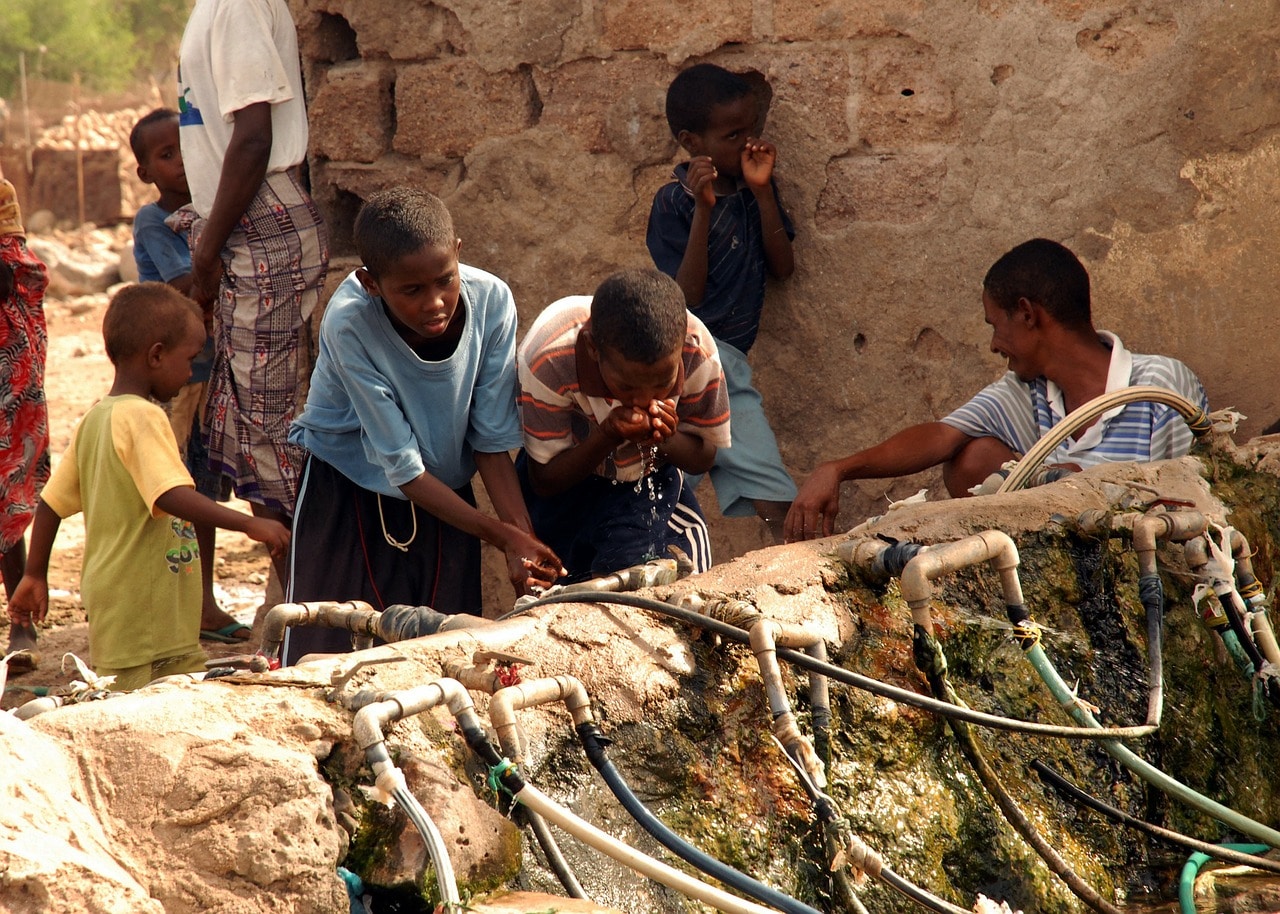Thinking about the global topic of water, developing countries or third world countries as they are better known, are mostly discussed in the news media.
However, there are many water-related issues in developing countries, that remain silent to the world. It’s almost like if they’re not talked about, they don’t exist.
Clean drinking, as well as accessible water, is essential for humans’ health, to sustain a healthy environment within countries and even between countries, to reduce poverty, to sustain the economies of all countries, to reduce conflict and to maintain peace in the world altogether.
Currently, there are at least 40% of the world’s population that don’t have access to clean water, and by the year 2025, there will be 1.8 billion people living in regions and countries that will live in complete water scarcity in those regions and countries. This statement has been made by UN-Water and poses a threat to the entire world.
A lack of water threatens several sectors, which includes agricultural sectors that ensure food security, as well as the sustainability of life in general. Since agriculture requires around 70% of freshwater to thrive and produce an efficient source of food in a country, it is of utmost importance to ensure that its requirements are met.
Developing Countries are Affected by Water Scarcity the Most
Since developed countries have the resources to protect and sustain their water supply, as well as improve it, it is developing countries that struggle the most with the water crisis. Developing countries are affected the most by water shortages, poor water quality, and flooding which affects agriculture negatively.
A lack of water quality also has a very negative effect on both children and women and can alter their health. Since most people employed in the agriculture sector in African countries are women, a lack of agriculture jobs will also affect the lives of countless families in these developing countries.
Rent water dispensers and buy water dispensers from Living-Water in London.






